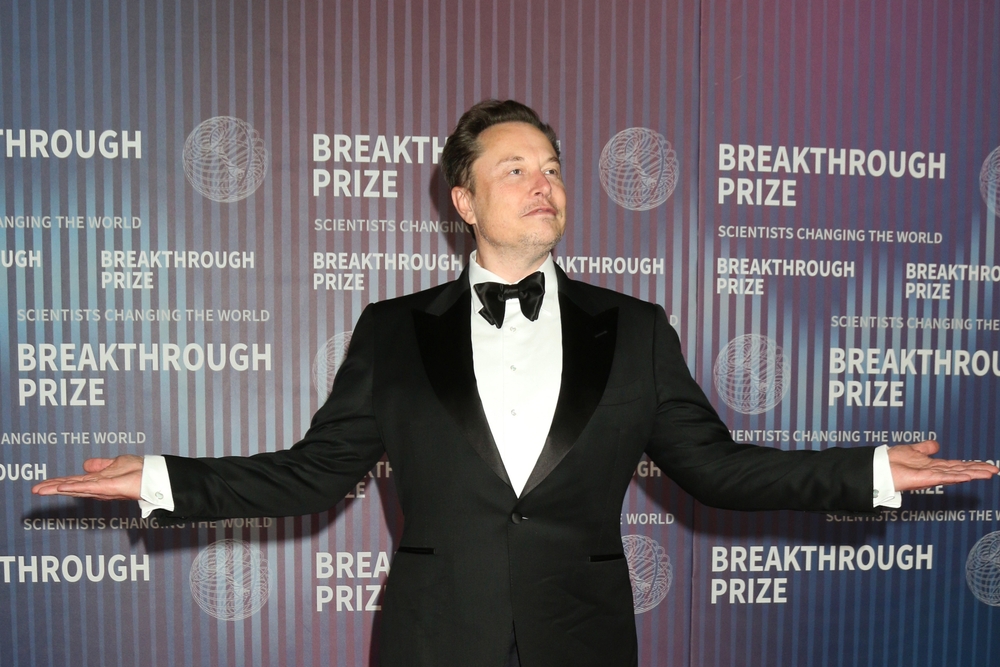David Hogg, newly elected vice chairman of the Democratic National Committee, calls for Elon Musk’s removal and replacement by Pete Buttigieg in a controversial move that highlights the ongoing debate about governance and fiscal responsibility in Washington D.C. David Hogg’s recent criticism of Elon Musk’s political reforms sparks a broader debate about the roles of tech innovators in government.
Hogg vs. Musk: A Clash of Ideals
In a significant political confrontation, David Hogg, newly appointed as vice chairman of the Democratic National Committee, has voiced strong opposition to Elon Musk’s influence in Washington D.C. Hogg, a Parkland shooting survivor and co-founder of March for Our Lives, advocates for a shift in leadership, suggesting Pete Buttigieg as a replacement for Musk. Hogg sees Buttigieg’s governance approach as more in line with efficiently handling taxpayer funds and accountability.
GUN CONTROL ACTIVIST and PARKLAND SHOOTING SURVIVOR David Hogg, now vice chairman of the DNC, slammed Elon Musk for his push to clean up Washington and ensure taxpayer accountability.
Hogg demanded Musk be replaced by former Transportation Secretary Pete Buttigieg. pic.twitter.com/3oUzOIM1Dz
— Bipul Das (@BipulTweets) February 8, 2025
This emerging conflict symbolizes a broader discussion about leadership paradigms. Musk, a billionaire and driving force behind technological advancements, represents innovative approaches to governance. In contrast, Hogg values Buttigieg’s more conventional methods, highlighting the ongoing debate about the balance between technological influence and traditional government strategies.
The Role of Influential Figures in Politics
Hogg’s advocacy for Buttigieg underscores the influence of prominent figures in shaping political discourse. While Musk’s boldness in reallocating resources and influencing policy decisions is admirable to some, it also raises concerns about ensuring governance responsibility and transparency. On the other hand, Buttigieg, known by some as “Mayor Pete,” has a reputation for handling duties at the city level with dedication and attention to public concerns.
David Hogg has big balls now to speak up about Elon Musk to be fired and showing support for a hack loser like Pete Buttigieg to replace him over Elon Musk. pic.twitter.com/Z0IvUrlgfQ
— 🇺🇸 Edward 🇺🇸 (@tmr_73) February 8, 2025
“one of the most compelling voices” – DNC.
As discussions proceed, it’s evident that the decisions made today by influential leaders will reverberate through the political corridors for years to come. By suggesting a replacement, Hogg emphasizes adapting leadership roles to serve public interests better and uphold efficient fiscal policies.
Implications for Governance and Policy
The debate between Hogg and Musk also fronts a crucial conversation about governance efficacy and fiscal responsibility. Policymaking, particularly in managing taxpayer funds, is at a crossroads, pressured by technological advancements and the need for social accountability on the other. Hogg’s challenge seeks to fill critical governance roles with figures aligned to traditional strategies and expects these positions to be filled with tactful balance between innovation and tried methods.
“Simply put, I’m more worried about the country’s future than any problems I’ve had with Trump in the past.” – Scott Jennings.
Overall, this debate illustrates enduring tensions in political dialogues where technological prowess, traditional governance, and accountability intermix. It highlights the importance of scrutinizing public office bearers and ensuring today’s decisions are ethically grounded and future-oriented.
Sources:
https://www.yahoo.com/news/column-sure-harris-isnt-ideal-110052684.html
https://www.yahoo.com/news/mad-scramble-jd-vances-seat-164604331.html

